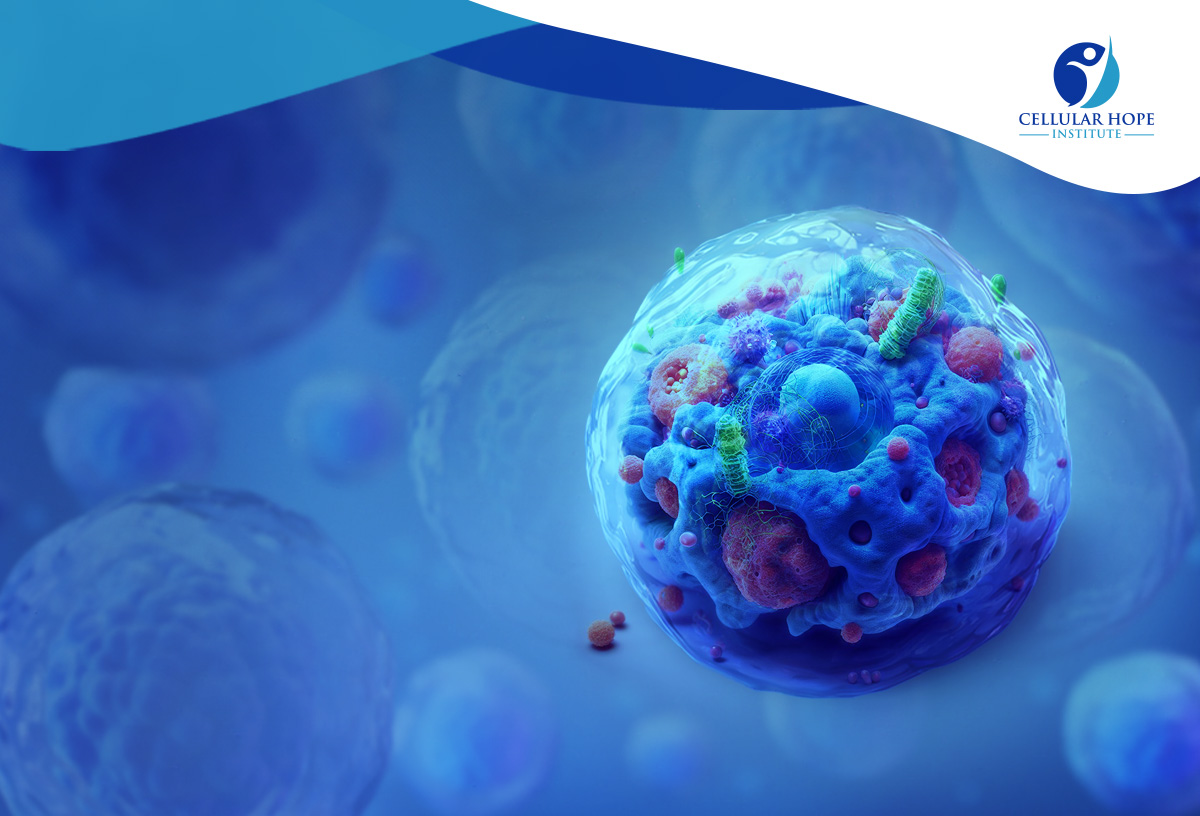The Intricacies of Autophagy in Regenerative Medicine
In the ever-evolving landscape of medical science, few concepts have garnered as much attention and acclaim as autophagy. The term might sound unfamiliar to some, but it’s been a buzzword in the scientific community for some time. In fact, this fascinating biological process even earned its discoverer a Nobel Prize a few years ago. In this blog post, we will delve into what autophagy is, how it relates to regenerative medicine, and why it’s piquing the interest of researchers worldwide.
What is Autophagy?
Autophagy, a term derived from Greek roots meaning “self-eating,” is an intricate cellular process that your body employs to maintain balance, adapt to stress, and renew itself. It acts as a self-cleaning mechanism within your cells, targeting and removing damaged, dysfunctional, or unnecessary components, such as misfolded proteins or worn-out organelles.
The Nobel Prize-Winning Breakthrough:
In 2016, the Nobel Prize in Physiology or Medicine was awarded to Dr. Yoshinori Ohsumi for his groundbreaking research on autophagy. This recognition marked a turning point in the scientific community’s understanding of the process and highlighted its significance. Dr. Ohsumi’s work unveiled the mechanisms underlying autophagy, shedding light on its role in various physiological processes.
Autophagy and Regenerative Medicine:
- Autophagy’s relevance to regenerative medicine is a topic of growing interest. This cellular process plays a crucial role in tissue repair, regeneration, and overall health. Here are a few key points of connection:
- Cellular Renewal: Autophagy helps in the removal of damaged cellular components and proteins, ensuring the efficient functioning of cells. In the context of regenerative medicine, healthy and rejuvenated cells are fundamental for successful therapies.
- Stem Cell Function: Stem cells are at the heart of regenerative medicine. Autophagy is closely linked to the maintenance and function of stem cells. It helps ensure their long-term viability and ability to differentiate into specialized cell types.
- Tissue Regeneration: Autophagy is crucial for the repair and regeneration of damaged tissues. By clearing away cellular debris and supporting the survival of vital cells, autophagy contributes to the healing process.
Why It Matters:
As the field of regenerative medicine continues to expand, understanding the intricacies of autophagy becomes increasingly relevant. This cellular process can influence the outcomes of regenerative treatments, making it a focal point for research and innovation.
A Window into the Future:
Autophagy is a captivating area of study, and its potential in regenerative medicine is a source of inspiration for researchers and healthcare professionals. While the concept is complex, its implications for improving health and extending the quality of life are undeniable. It’s a term that might once have seemed obscure, now stands as a central figure in the story of regenerative medicine. It’s a testament to how understanding the intricacies of our cellular processes can unlock new possibilities in healthcare and well-being.
If the topic of autophagy has piqued your curiosity and left you eager to explore more about its role in regenerative medicine, we invite you to learn with us. Visit our website to discover how Cellular Hope is at the forefront of the regenerative medicine field, providing innovative solutions for a healthier future.


